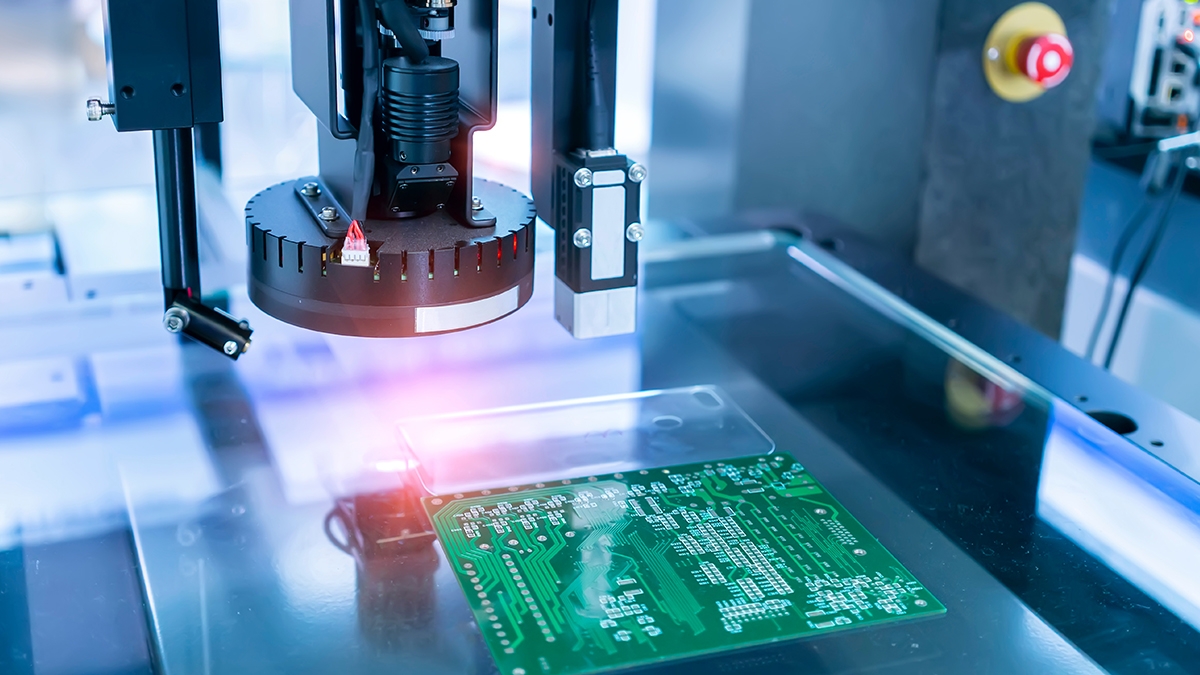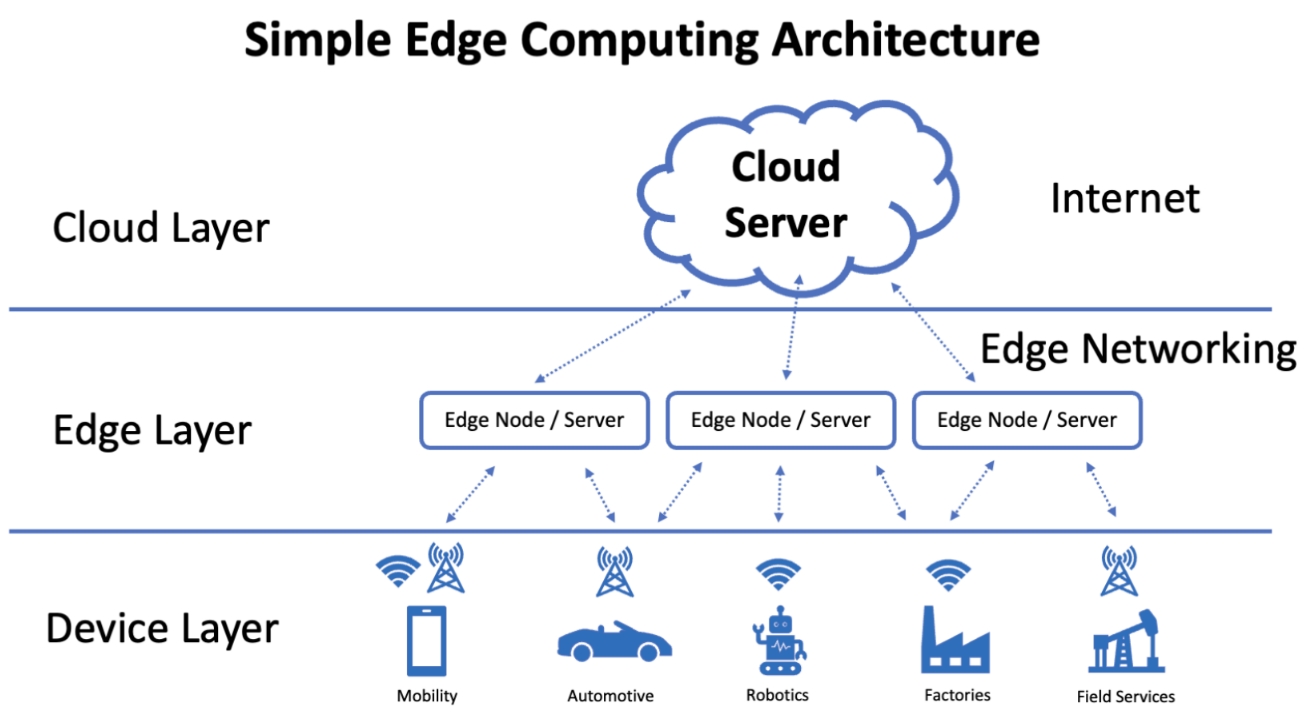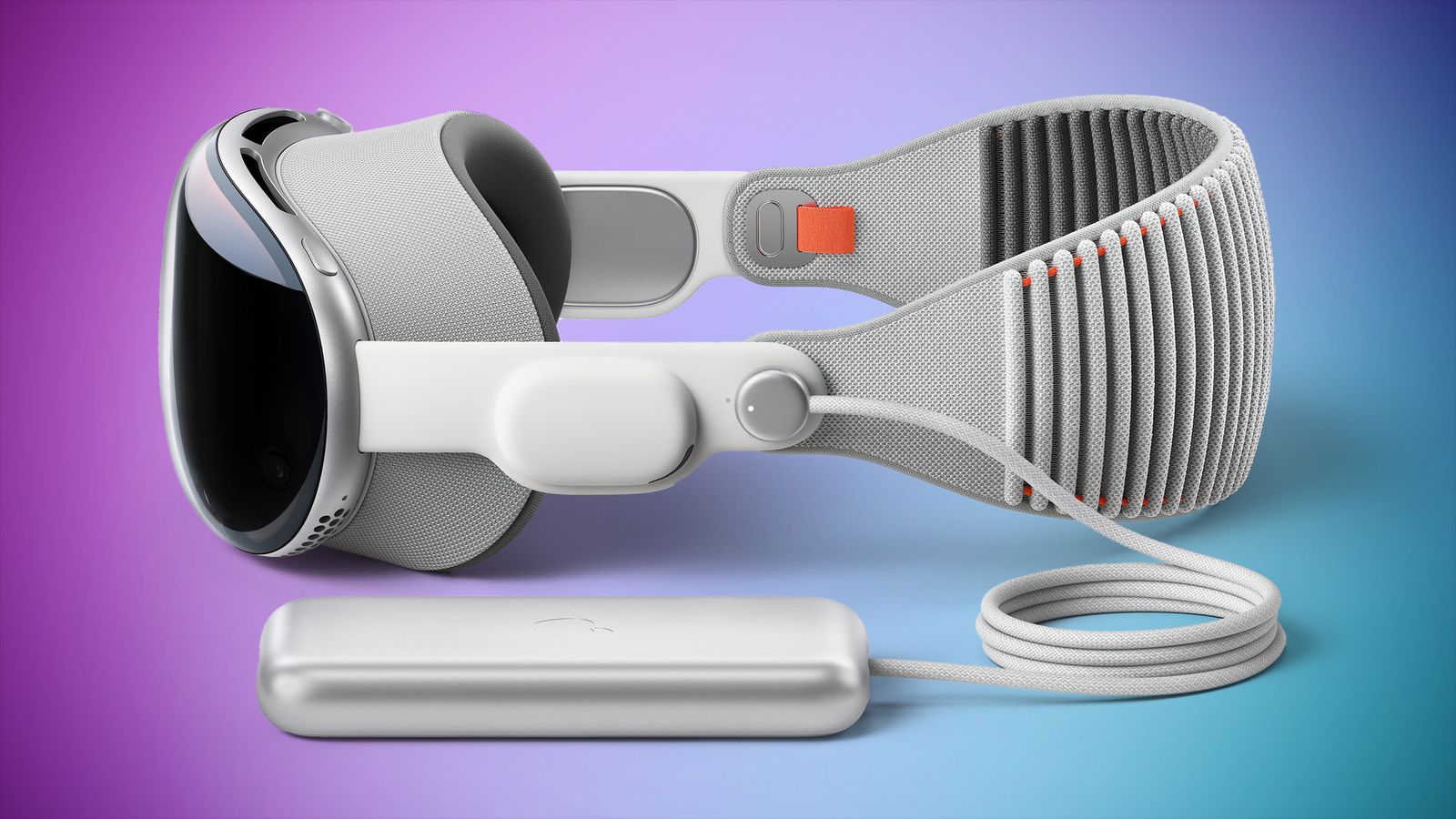
Apple’s Quiet Acquisition of Darwin AI: A Game-Changer for Manufacturing and AI
Apple’s recent acquisition of Canadian AI startup Darwin AI has sent ripples through the tech industry. The acquisition, which was quietly announced, marks a significant milestone in Apple’s efforts to bolster its AI capabilities and improve its manufacturing processes.
The Rise of Darwin AI
Darwin AI, a company focused on machine vision intelligence, smart manufacturing, and edge-based intelligence, has been making waves in the AI community. With its patented Explainable AI (XAI) platform, the company has been providing electronics manufacturers with a tool to improve product quality and production efficiency. The platform has been used by several Fortune 500 companies, including Audi, BMW, Honeywell, and Arm.
Implications for Apple
The acquisition of Darwin AI has significant implications for Apple’s future plans. With several members of the Darwin AI team now joining Apple, the company could leverage this technology to improve its manufacturing processes and devices. Apple’s quest to build a circular manufacturing system and drive efficiencies on its global network of iPhone production lines could be greatly enhanced by Darwin AI’s machine vision intelligence.
Apple’s production lines could become even more efficient with Darwin AI’s technology.
The Power of Machine Vision Intelligence
Darwin AI’s machine vision intelligence could be used to improve product quality and detect faults in real-time on Apple’s production lines. This could help Apple minimize waste and reduce the environmental impact of its manufacturing processes.
 Machine vision inspection could revolutionize Apple’s quality control processes.
Machine vision inspection could revolutionize Apple’s quality control processes.
Improved Machine Learning Efficiency
The ability to build effective machine-learning models using data in a private way will also be useful for Apple, which has over one billion actively used devices in circulation. Minimizing the data that must be transported on the network also has significant effects, particularly as Apple is thought to be developing AI models that perform almost entirely at the edge.
 Apple’s edge computing ambitions could be boosted by Darwin AI’s technology.
Apple’s edge computing ambitions could be boosted by Darwin AI’s technology.
Edge-Based Intelligence
The capacity to share insights between machines while maintaining user privacy and security might help generate the kind of high-quality data the very best AI systems are going to need. It’s hard not to connect the dots and see a synergy between these systems and Vision Pro.
 Darwin AI’s technology could be a game-changer for Apple’s Vision Pro.
Darwin AI’s technology could be a game-changer for Apple’s Vision Pro.
Federated Learning
Darwin AI’s involvement in federated learning research could enable much faster creation of effective AI models while maintaining data privacy and security, which meshes well with Apple’s overall approach to this technology.
Federated learning could be the key to unlocking the full potential of AI.
5G and Edge Computing
Darwin AI’s work on developing an AI fit for edge computing using 5G could help Apple minimize the data that must be transported on the network and improve the performance of its devices and services.
 The future of AI could be at the edge, thanks to 5G.
The future of AI could be at the edge, thanks to 5G.
In conclusion, Apple’s acquisition of Darwin AI is a significant move that could have far-reaching implications for the tech giant’s manufacturing processes and AI capabilities. As Apple continues to push the boundaries of what is possible with AI, one thing is clear: the future of AI is bright, and Apple is leading the charge.















